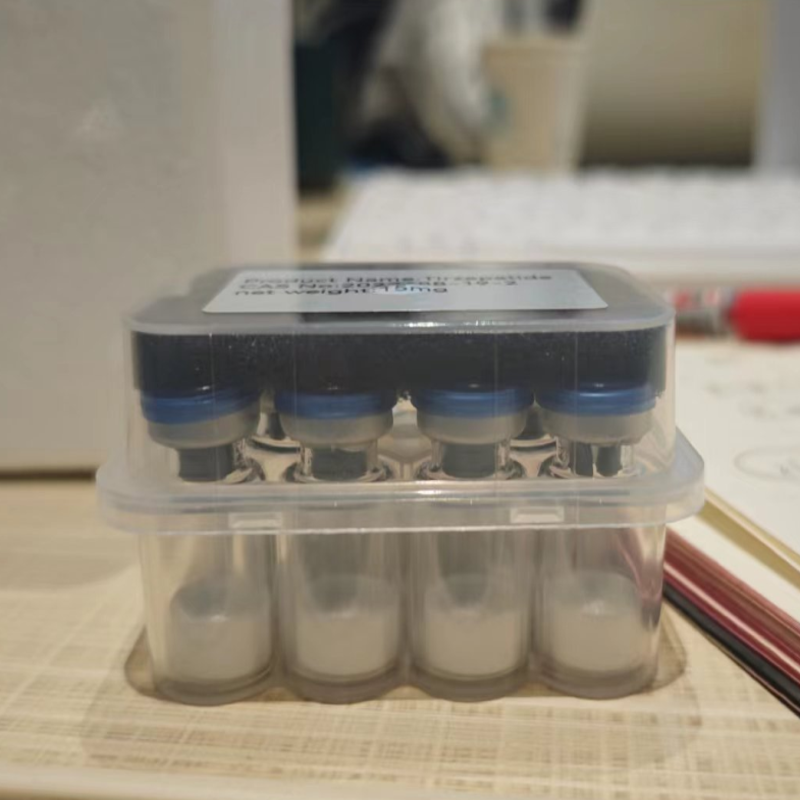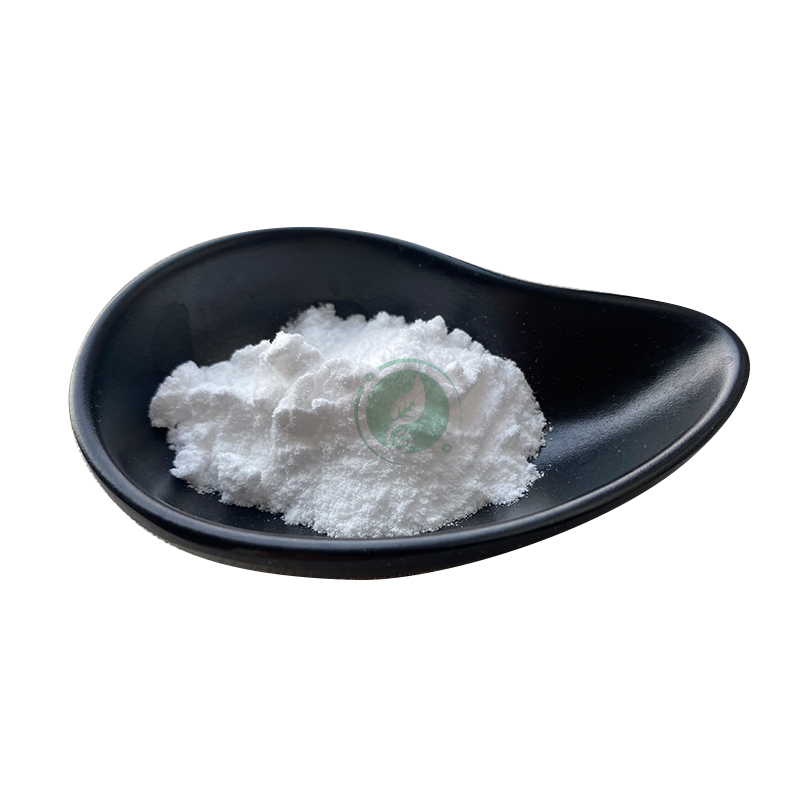Phase 3 clinical trial of VIIV antiviral therapy fostemsavir for HIV-1 adult patients achieves positive results
-
Last Update: 2020-06-09
-
Source: Internet
-
Author: User
Search more information of high quality chemicals, good prices and reliable suppliers, visit
www.echemi.com
today, The http://
a company dedicated to developing innovative HIV, announcedthat its "first-in-class" antiviral therapy, fostemsavir, has achieved positive results in theof phase 3 clinical(http:// in the treatment of hiv-1 adult patients who have received multiple pre-treatmentsViiV Healthcare plans to submit anew drug(http://application (NDA) to the u.SFDA(http://later this yearabout Fostemsavir
Fostemsavir is a pro-drug
http:// (pro-drug) for the precursor drug of temsavir Tesavir is able to combine with the GP120 sub-troin of the HIV-1 environ glycoprotein gp160 complex to block the interaction of the virus with the cell CD4 receptor, thus preventing the virus from entering the host cell ViiV Healthcare developed foastemsvir to be used in conjunction with other antiviral drugs to treat HIV-1 patients who have received multiple pre-treatments about BRIGHTE
double cohort called BRIGHTE (including randomized and non-randomized queues), phase 3 clinical trials designed to assess the safety and effectiveness of stemsavir In this trial, foastemsvir was used in conjunction with Optimal Background Therapy (OBT), which treats a group of patients who are resistant to hiv-1 virus estovirus that is resistant to multiple drugs The results showed that 60% of patients in the random queue (n?163/272) achieved virological inhibition (HIV-1 RNA 40 copy/ml) in the 96th week of combined treatment with FOSTEMAvir and OBT, compared to the results of week 48 An increase of 6 percent increase in the patients in the random queue for the improvement in immunometric indicators continued to 96 weeks, and their CD4-T cell count increased (an average increase of 205 cells/microliters compared to baseline, an average increase of 66 cells/microliters compared to week 48)
This article is an English version of an article which is originally in the Chinese language on echemi.com and is provided for information purposes only.
This website makes no representation or warranty of any kind, either expressed or implied, as to the accuracy, completeness ownership or reliability of
the article or any translations thereof. If you have any concerns or complaints relating to the article, please send an email, providing a detailed
description of the concern or complaint, to
service@echemi.com. A staff member will contact you within 5 working days. Once verified, infringing content
will be removed immediately.







